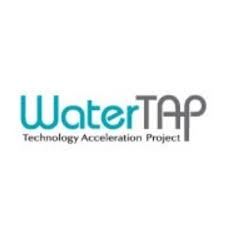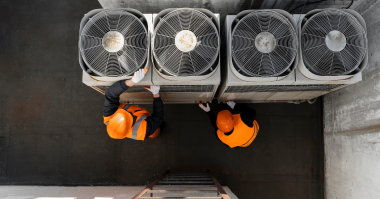The Water Technology Acceleration Project (WaterTAP) is pleased to launch its Better Best Practices Initiative.
Better Best Practices is a series of collaborative projects that seek to continuously improve water management and leadership in Ontario by addressing challenges that can represent barriers to the adoption of innovative water technologies by end users.
Primarily, these projects focus on creating opportunities for education and awareness, as well as collaborating to develop regulations, approvals, policies, procurement, and funding mechanisms that build toward better best practices and, ultimately, enhance Ontario’s position as a practicing global water leader.
WaterTAP will determine and scope eligible projects by:
- Identifying needs in Ontario’s water sector,
- Facilitating conversations and workshops with public and private stakeholders, and
- Working toward collaborative solutions to resolve the needs.
These projects will often involve partnerships with other organizations and subject matter experts. They will also build upon current provincial efforts to “clear the path,” or minimize or remove red tape.
Industry expert Trish Johnson will lead the initiative, bringing more than 30 years of experience in public, private, and non-profit environmental management in Canada and the United States to the WaterTAP team.
“We are thrilled to welcome Trish to our team,” said Dr. Peter Gallant, President and CEO, WaterTAP. “Trish not only brings extensive experience in the water sector, she has a genuine drive to support municipalities in making the best possible decisions for current and future water needs.”
Ms. Johnson specializes in land use impacts on water quality and developing environmental strategies and program implementation for all levels of government. She has managed environmental assessments for water, wastewater, and solid waste and served as a senior environmental advisor for Perth and North Grenville, Ontario, as well as assisting many small communities to address critical water and wastewater challenges.
Before joining WaterTAP, Ms. Johnson was an associate, project manager, senior environmental consultant, and strategic advisor on small solutions at R.V. Anderson Associates Ltd. At RVA, she worked extensively for Indigenous and Northern Affairs Canada (INAC), including senior support on the National Assessment of First Nations Water and Wastewater Systems in Canada and the policy path forward. She has a proven track record on facilitating the implementation of innovative water solutions, particularly to small and remote systems, and is an advocate for a “value for money” approach to water and wastewater solutions.
“I look forward to working with Ontario’s thriving water sector to encourage better best practices for innovative water management,” said Ms. Johnson. “I see a bright future for Ontario municipalities that embrace and adopt innovative, sustainable water solutions.”
Watch WaterTAP’s website for more details about the initiative. For Trish Johnson’s full biography, please visit www.watertapontario.com/about/our-team.
About WaterTAP Ontario
The Water Technology Acceleration Project (WaterTAP) was established in 2010 by the Government of Ontario. It brings private sector experience and guidance to helping water industry entrepreneurs gain access to the resources they need to successfully commercialize their products and services and grow their businesses. WaterTAP’s brand promise is: Water technology thrives here. www.WaterTAPontario.com
About Ontario’s Water Technology Sector
Ontario is Canada’s financial and industrial centre, a thriving world water technology hub and an established gateway to North and South American markets. Ontario regularly plays host to public and private sector water interests from countries across the world. Ontario is home to more than 900 water technology companies, supported by over 200 research centres, incubators, accelerators and programs that encourage innovative water and waste water technologies and services. Ontario contains or borders on about one-fifth of the world’s fresh water. Several of its water sector technology clusters, including membrane filtration and ultraviolet disinfection, are world leaders.





Comments